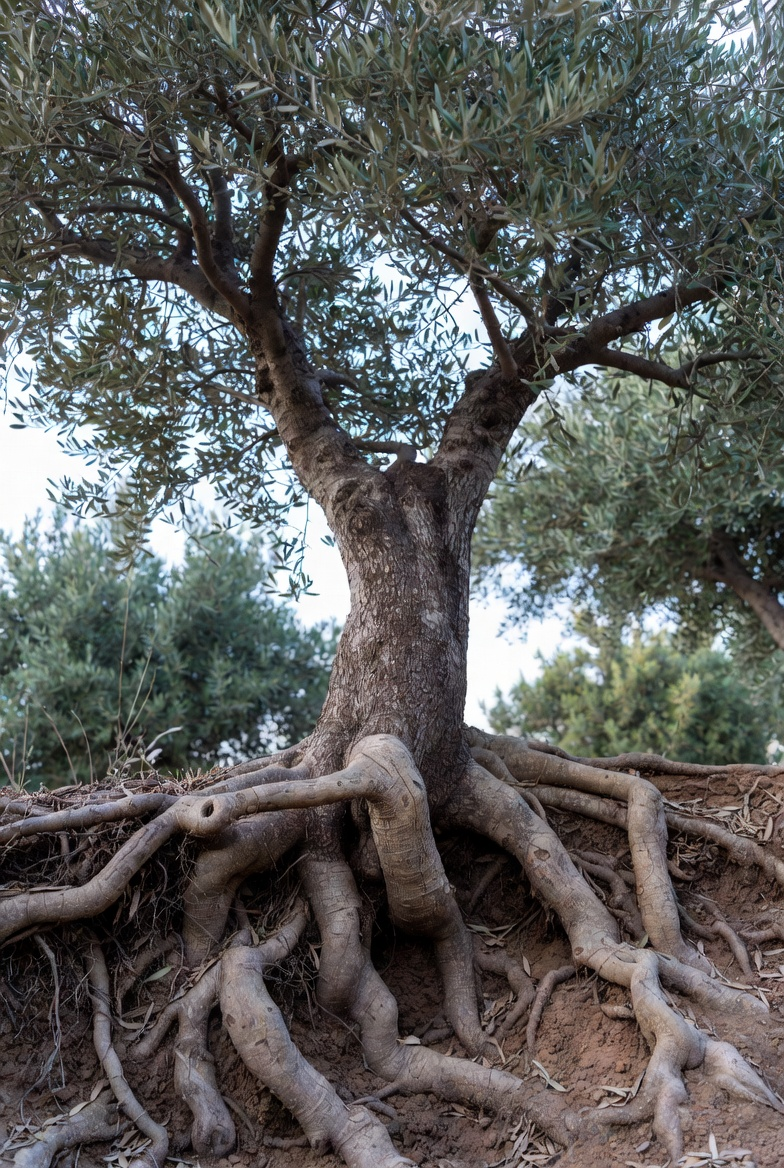| 35 the death of Joseph and Hyrum Smith respecting encouraging educating the people.
It has so often been said that the leading men in Utah were "carrying out the measures of Joseph," that a comparison on the education theory may serve to let in a little light. If by the reflected light of this comparison, we find that the men of the past, whose names we have quoted, were not in favor of the freest education, we will be thankful to be corrected.
It has been further charged by some, that Joseph, Alexander, and David Smith, the sons of Joseph the Martyr, were doing all they could to destroy the work he essayed to accomplish; and but lately we saw the statement reiterated in a letter from a sojoumer at Salt Lake City, not a member of the Reorganized Church, to a friend in the States, to the effect that "the Smith boys were doing the church more damage than all the other enemies of the church combined." This statement was gathered from the sentiments of many, polygamists and defenders of that doctrine, whom the writer heard express themselves.
Now we have been sufficiently long before the public for all interested in the matter, both those in the valley of Salt Lake and out of it, to know that from the first we have avowed and defended the doctrines promulged [promulgated] by Joseph Smith, the Martyr, and his compeers, from 1830 to 1844, the year of his death; as those doctrines are found in the Bible, New Testament Scriptures, Book of Mormon, and the Doctrine and Covenants; together with the authentic declaration of those doctrines as found in the published works of the church, and the written essays, published discourses, letters, and epistles of the duly accredited officers of the church during that time.
We do not now remember having denied any one of the fundamental principles, or doctrines of the church, as so set forth and avowed, from the commencement of our public career to the present time; and we feel less inclined to deny now than ever.
We have criticised [criticized] some of the earlier public measures of the church as in our opinion unwise; but with those measures the doctrine held by the church affecting the salvation of men had little to do; they were at best but auxiliaries, or adjuncts, helps, etc.
Neither Joseph nor Hyrum, nor their compeers, ever built up polygamy; nor did they ever build up any of the necessary concomitants thereto; nor did they ever build up the church upon a saving efficacy of a reception of the dogma of polygamy; hence, in opposing that dogma we are not "tearing down," nor "destroying" what they built up.
So far as we have seen any history of the matter, the 29th day of August, 1852, was the time; the Salt Lake land was the place; a special conference, over which Brigham Young presided, was the occasion; and Orson Pratt was the man chosen to open to public scrutiny the peculiar features of that dogma.
If Orson Pratt then told the truth, it was the first attempt to present
(page 35) |


